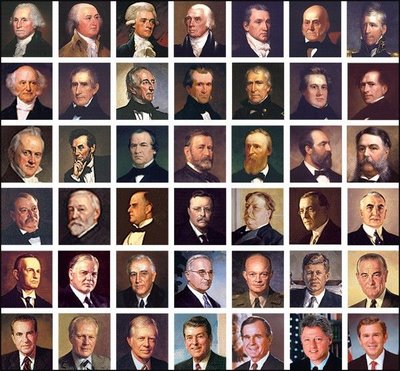No leadership error embodies the appearance of impropriety more completely than nepotism, and, for good measure, it also creates an inherent conflict of interest and undermines fairness and integrity. Yet people continue to argue that it is not inherently unethical, and leaders and managers in all fields continue to walk into the nepotism trap. The fact that it doesn’t always snap shut is not an argument in its favor, for this is just moral luck; letting your kid play with matches in bed won’t necessarily burn the house down or kill him, but it’s still irresponsible.
Washington Redskins fans now have a painful lesson in nepotism’s drawbacks to guide their own decisions. As has been a routine event about now in the pro football season since hapless owner Dan Snyder became responsible for the team’s personnel, the Redskins season is imploding, and the head coach is on the griddle. This season that coach is Mike Shanahan, and the problem is his offense. The Skins were shut out Sunday, 23-0, and appear to have no quarterback, no offensive line, and no clue.
The team’s offensive coordinator? Kyle Shanahan, the head coach’s son. Now what? Continue reading


